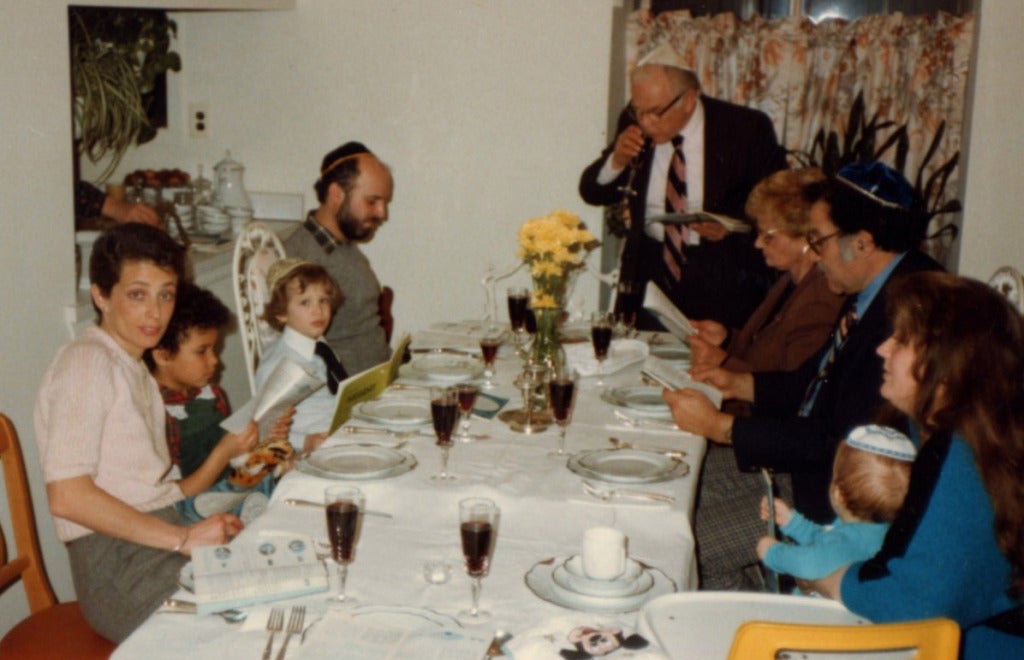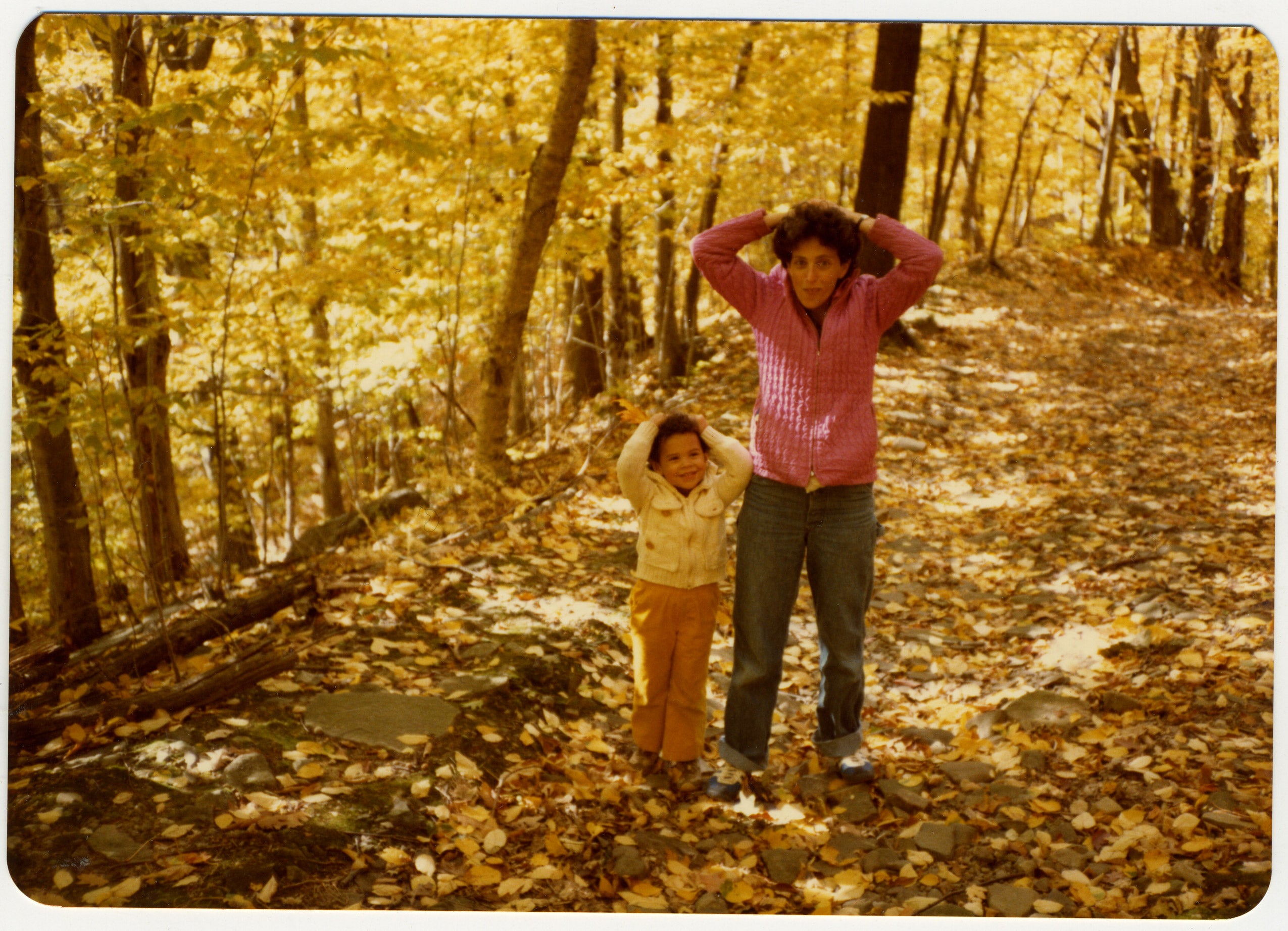Lacey Schwartz ’03 will return to Cambridge this weekend to speak about her new documentary “Little White Lie,” showing Saturday Nov. 15 and 17 as part of the Boston Jewish Film Festival. The film traces her personal story of being raised as a white Jewish girl in Woodstock, N.Y., only to find out as a young adult that her biological father was an African-American man with whom her mother had an affair (a family friend who died nearly ten years ago). In an interview with Harvard Law Today, she spoke about family secrets, the universal appeal of her story, and the power of film to reveal truths—including at Harvard Law School.
What inspired you to go into filmmaking?
When I arrived at the law school, I realized that making films was the best way for me to talk about the issues that I thought deserved attention. In order to do that, I got permission to do a film for my third-year paper in law school called “Legally Black Brown Yellow and Red,” [a feature-length documentary on minority experiences at Harvard Law School]. There were so many iconic images of Harvard Law from films like “The Paper Chase” and “Legally Blonde,” and I feel like a lot of people’s experiences weren’t captured, so my thesis film focused on capturing those experiences. In a sense, law school became film school for me.
Who were your mentors at Harvard Law?
One big influence was Professor Lani Guinier. I took her critical race theory class and I was able to engage my story through that class. Professor Charles Ogletree and Professor David Wilkins were also very supportive. I remember having conversations with Professor Alan Dershowitz about whether I should pursue a career in film, and he told me I’d never regret following my dream.
You’ve produced films for clients and made a documentary in law school, but “Little White Lie” is the first professional film you directed. Why did you choose to tell this story?

I was struggling with my own story and my own identity and I decided that rather than making a film where I waxed poetic on larger issues of identity, it would be more powerful if I made a film where I really modeled the process of learning how to integrate my dual identity, which was very much connected to my family’s secrets. So I also had to uncover my family’s secrets in order to integrate my dual identity.
You have been appearing at different film festivals—including Jewish, African-American, and women’s film festivals. What has been the audience reaction?
My story is unique, but the family secrets and denial and families getting at the truth, everybody can relate to that. Everyone has family secrets and denial. On the film’s website, we’re asking people to share their own little while lies as a way to share that universal experience. It has been very powerful hearing the stories people are inspired to share after watching the film.
The film includes some difficult conversations you had with your parents. What has been their reaction now that it has come out?
From my father’s point of view, it’s not what he would have chosen to do. But he participated in the process and expressed that he supports me, which means a lot to me. My mother really loves it. She feels it’s a gift. It taught her some important lessons about moving from guilt to responsibility.
You’re CEO and producer for a multimedia production company called Truth Aid [cofounded with Harvard Medical School graduate Mehret Mandefro]. What do you hope to accomplish with the organization?
Our mission is making media that looks at social barriers to wellbeing. For us, the work is about using the media we produce as tools to effect social change.
For more information about Schwartz’s documentary, go to www.littlewhiteliethefilm.com/. Information about Truth Aid can be found at www.truthaid.org/.
